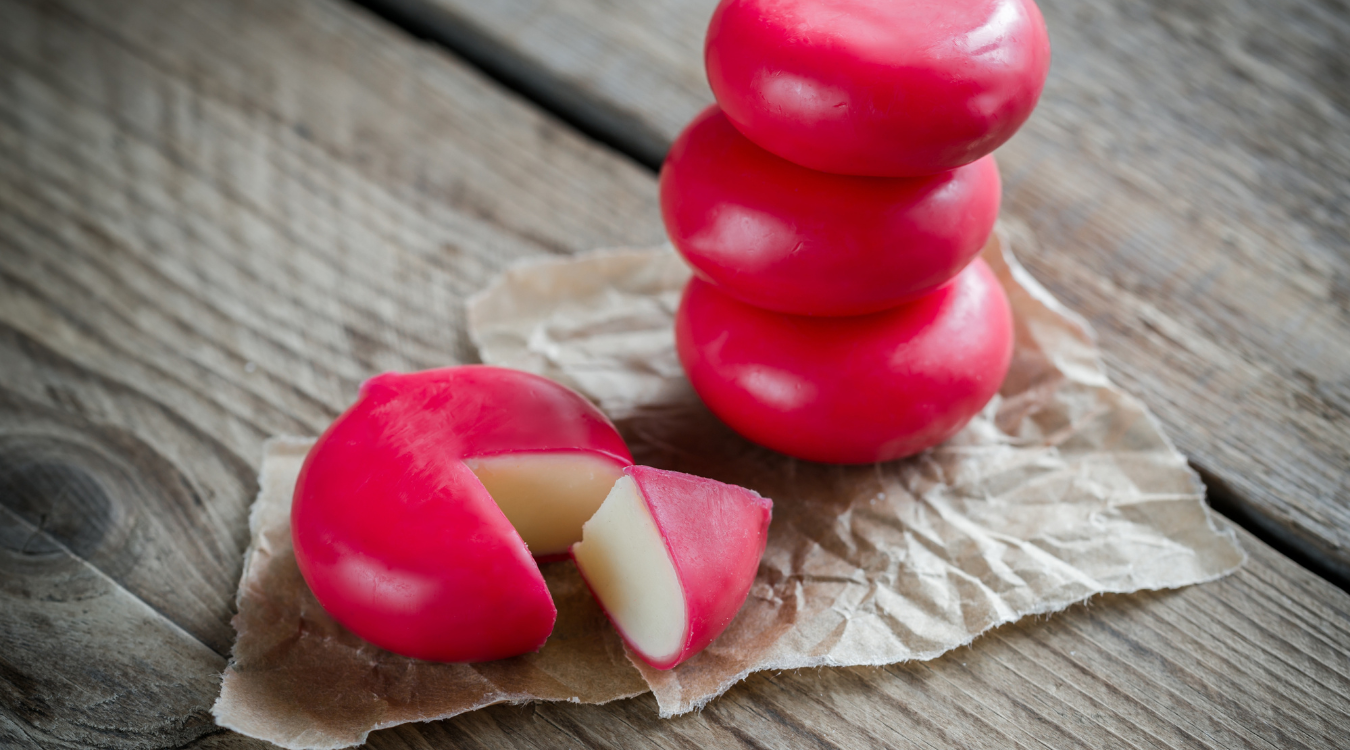
Is Babybel Cheese Healthy? A Parent’s Guide to Nutrition Facts and Peace of Mind
Parenting is a juggling act, isn’t it? Between meal prep, after-school activities, and making sure your little ones eat something other than chicken nuggets, it can feel like an Olympic sport. If you’re like most parents, you’ve probably stood in the dairy aisle, staring at a pack of Babybel cheeses, wondering: Is Babybel healthy? Are the nutrition facts something I can trust for my family? Let’s unpack this question together and see if these iconic wax-coated minis deserve a spot in your child’s lunchbox.
What Exactly Is Babybel Cheese?
For the uninitiated, Babybel cheese is a semi-hard cheese made from cow’s milk. It’s famous for its bite-sized, wax-sealed rounds, which are as much fun to open as they are to eat. Available in several varieties like Original, Light, Gouda, and Cheddar, Babybel has become a go-to snack for busy families worldwide. But does its convenience come at a cost to nutrition? Let’s break it down.
Babybel Nutrition Facts: The Good, the Bad, and the Surprising
Understanding what’s inside that little red wrapper is key to making an informed decision. Here are the nutrition highlights for a standard Babybel Original:
-
Calories: 61 per piece (20g)
-
Protein: 4g (great for growing kids!)
-
Fat: 4.8g
-
Saturated Fat: 3.2g
-
Calcium: 15% of the recommended daily intake
-
Sugar: 0g
-
Salt (Sodium): 0.17g
The Good:
-
High in Protein: Protein is crucial for muscle growth and repair. One Babybel provides 4g, making it a decent source for little ones who might not love meat or eggs.
-
Rich in Calcium: Calcium supports strong bones and teeth, which is especially important during childhood growth spurts.
-
Low in Sugar: With 0g of sugar, Babybel is a much better alternative to sugary snacks like granola bars or fruit gummies.
-
Portion-Controlled: Each piece is pre-packaged, so you don’t have to worry about over-serving.
Caution:
-
High in Saturated Fat: With 3.2g per piece, Babybel contributes to the daily intake of saturated fats, which should be limited in a balanced diet.
-
Sodium Content: At 0.17g per piece, it’s not excessive but can add up if your child eats multiple pieces.
The Surprising:
Babybel Light offers a lower-fat option with only 42 calories and 2.4g of fat per piece, but it still packs the same amount of protein and calcium. This could be a better choice for families mindful of fat content.
Is Babybel Cheese Healthy for Kids?
The short answer? Yes, but in moderation. Babybel cheese can be part of a balanced diet, especially when paired with whole grains, fruits, and vegetables. Its protein and calcium content make it a valuable snack, particularly for picky eaters or kids with higher energy needs. However, it’s essential to keep an eye on portion sizes and ensure it’s not the main source of fat or sodium in your child’s diet.
Addressing Parents’ Common Concerns
1. Will Babybel Make My Child Gain Weight?
No single food will cause weight gain. However, overconsumption of high-fat snacks like Babybel can contribute to excess calorie intake. The key is balance. Pair Babybel with nutrient-dense foods like sliced apples or whole-grain crackers.
2. Is Babybel a Good Snack for Lunchboxes?
Absolutely! Babybel is portable, mess-free, and doesn’t require refrigeration for a few hours, making it ideal for school lunches or road trips.
3. Can Babybel Fit Into a Low-Sodium Diet?
If your child requires a low-sodium diet, limit Babybel to one piece a day and balance it with low-sodium meals throughout the day.
The Bigger Picture: Cheese and Children’s Health
Cheese often gets a bad rap for its fat and sodium content, but it’s also a nutrient powerhouse when consumed wisely. Here are a few broader tips for including cheese like Babybel in your child’s diet:
-
Pair It With Fresh Produce: Serve Babybel with carrot sticks, cucumber slices, or grapes for a well-rounded snack.
-
Avoid Processed Additions: Skip pairing it with highly processed crackers or chips.
-
Educate About Moderation: Teach your children that cheese is a treat, not a meal replacement.
A World Without Snack Worries
Imagine a life where snack time isn’t a source of stress. Where you feel confident knowing your kids are getting the nutrients they need to grow and thrive. Babybel, when used as part of a balanced diet, can be one of those snacks that brings you closer to this peace of mind. No more guilt, no more second-guessing. Just a quick, nutritious bite that puts a smile on your little one’s face.
Takeaways for Parents
Here are the key points to remember when it comes to Babybel:
-
It’s a good source of protein and calcium.
-
Opt for Babybel Light if you’re concerned about fat content.
-
Pair it with whole, unprocessed foods for a balanced snack.
-
Enjoy it in moderation to avoid overloading on sodium or saturated fat.
FAQs About Babybel Cheese
Q: Is Babybel cheese suitable for toddlers?
A: Yes, Babybel is soft and easy to chew, making it suitable for toddlers. Just be mindful of portion sizes.
Q: Is Babybel cheese pasteurised?
A: Yes, Babybel cheese is made from pasteurised milk, which is safe for children and pregnant women.
Q: Can Babybel be frozen?
A: While it’s not recommended, you can freeze Babybel. The texture might change, but it’s still safe to eat.
Final Thoughts
So, is Babybel healthy? The answer lies in how you use it. As a nutrient-rich snack, Babybel can play a valuable role in your child’s diet—just don’t let it do all the heavy lifting. Balance it with other wholesome foods to create a varied and satisfying diet.
When snack time feels easier, parenting feels a little less overwhelming. And isn’t that what we’re all striving for? Add Babybel to your shopping list—and take one stress off your plate today.



